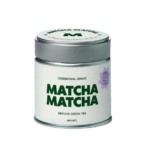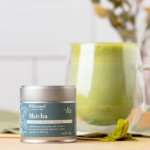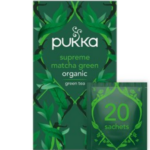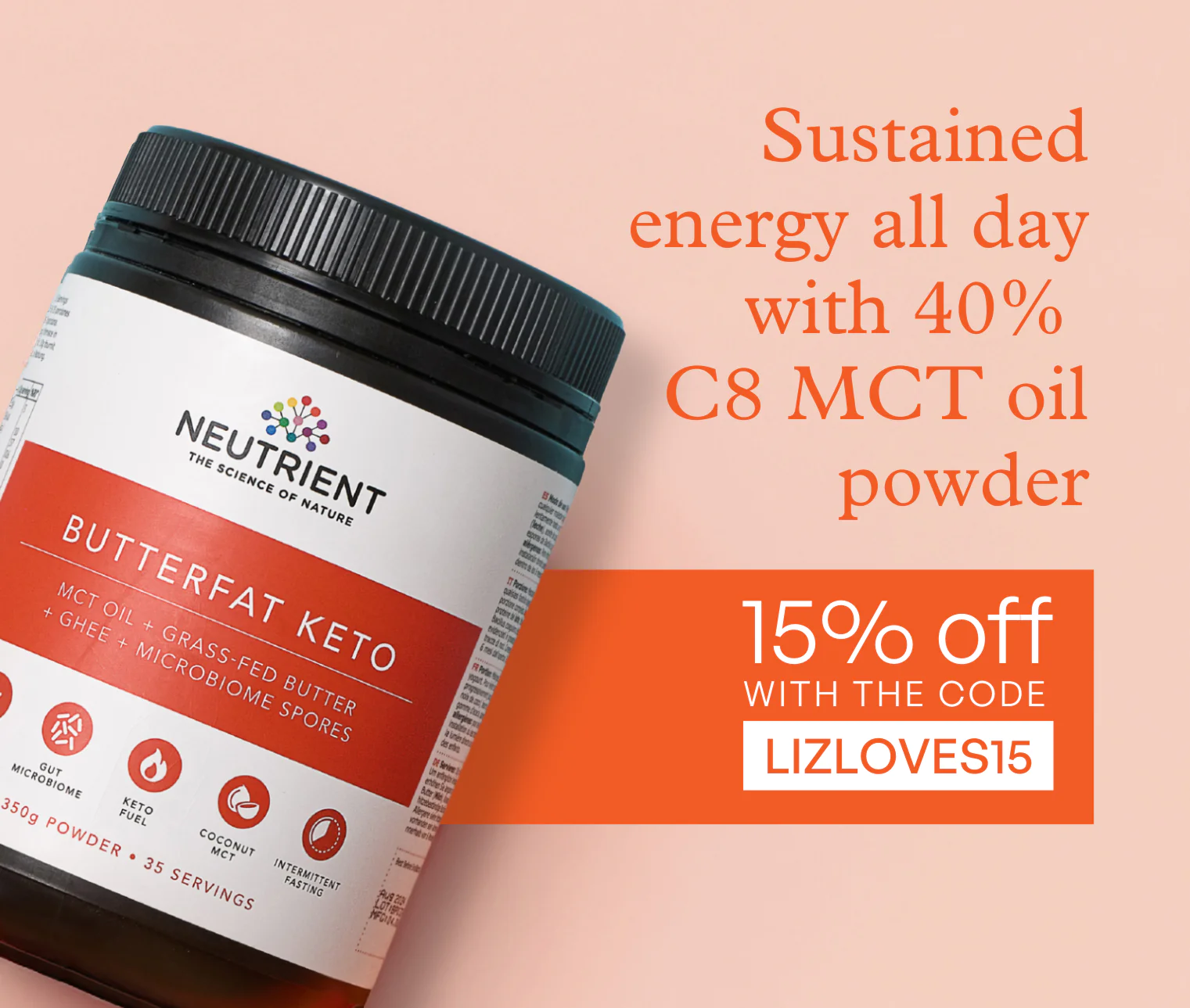Health
I swapped my morning coffee for a cup of matcha – here’s what happened
Can our Head of Digital, Amy Moore, be convinced to swap her morning coffee for a cup of matcha? Here’s what happened when she tried it for a week…
My morning routine changes on a daily basis depending on time, work and energy levels. But a warming brew to start the day remains an unwavering constant.
I enjoy the ritualistic element of this first morning cuppa. When the rest of the house is quiet, it gives me time to gently wake up and consider the day ahead.
Some mornings this might be with a mug of Yorkshire Tea, other times a freshly ground coffee. But a cup of matcha? Now that might be a stretch too far…
The health benefits of matcha
I’ll be honest – I’ve always kept myself a safe distance from matcha, approaching it with as much apprehension as a labrador presented with a lettuce leaf.
Fans of the powdered green tea say that it provides a generous energy boost, without the jitters of coffee, along with a healthy hit of antioxidants.
But what’s so special about it?
Well, made from the leaves of Camellia sinensis (just like black tea), matcha is shade grown. This means that the tea leaves are protected from direct sunlight around two to six weeks before harvest. This process increases the plant’s chlorophyll production, elevating the amino acid content of the tea. It also results in a tea rich in antioxidants – aka a wellness lover’s dream.
It is the unique properties of matcha that are thought to be responsible for its impressive health benefits.
Containing high levels of a polyphenol called epigallocatechin gallate (EGCG), test tube studies have found this compound has the ability to disrupt pathways associated with the proliferation of certain cancer types. One team of researchers from the University of Chicago went so far as to call EGCG ‘the most effective cancer chemopreventive polyphenol in green tea’. High praise indeed.
Matcha has also been touted as being protective for our liver by decreasing the risk of disease. It’s helpful for brain function by working to slow cognitive decline, too. One particularly interesting meta-analysis found that those who drink green tea, like matcha, have a reduced risk of cardiovascular issues compared to those who don’t consume it.
Tempting benefits, yes. But, to me, it still smells an awful lot like a lawn.
What happened when I swapped coffee for matcha
One quick Google search and it seems I’m in the minority with my avoidance of matcha. Sales of this powerful tea have gone up by more than 200% in recent years. A quick straw poll of my colleagues further confirms this.
“It’s my favourite,” social media manager Rachel tells me. Fine, I’ll give it a go.
A few short days later, my order of ceremonial-grade matcha and corresponding whisk arrive in the post.
Brewing up the kettle, I diligently add 1 tsp of matcha powder to 30ml of not-quite-boiling water to a bowl. After a quick whisk (my favourite part of the process), all that’s left to do is to add my matcha concoction to my favourite mug. I top with warm milk to make a creamy latte.
Settling down with my brew, my brain soon pipes up. ‘You’re not going to like this,’ it says. But, I take a sip. It’s actually not that bad. In fact, it’s quite nice.
Don’t get me wrong. There’s definitely a grassy, earthy taste to it, but the milk takes away the intensity of the flavour, and adds a touch of sweetness.
One key difference I notice between matcha and my normal-go-to brew is the lack of ‘buzz’. I’m fairly sensitive to caffeine, and so can easily feel a bit anxious and jittery if I overdo it with coffee or black tea. So, I’m surprised to feel so soothed. It’s even more surprising given the high caffeine content of matcha. It has roughly 70mg of caffeine per cup, whereas black tea is closer to 50mg.
A quick dip into the science tells me that this is thought to be due to matcha’s high levels of L-theanine. This helpful amino acid has been shown to affect our brain function, having a role in improved sleep, relaxation and mental focus.
It does feel indulgent to be having a latte each morning. So, while it’s not something that my milkman will be able to keep up with each day, I can imagine it becoming a luxurious staple of a lazy Sunday morning.
Matcha – I’m sold.
Try matcha at home
Matcha Matcha Ceremonial Grade £24.95

Sustainably grown and blended in Uji, Japan, without pesticides. Expect full-bodied flavour that packs a punch, with sweet top notes.
Whittard Chelsea Matcha, £22

Organic, ceremonial grade, with an aromatic and delicate flavour. Enjoy a soft, nutty sweetness that lingers.
Pukka Supreme Matcha

A great budget option for dipping your toe into the world of matcha. Clean and herbal, just be aware it may not pack as powerful a punch of benefits as powdered products.
Read more features like this
Please note, on some occasions, we earn revenue if you click the links and buy the products, but we never allow this to bias our coverage and always honestly review. For more information please read our Affiliate Policy.





